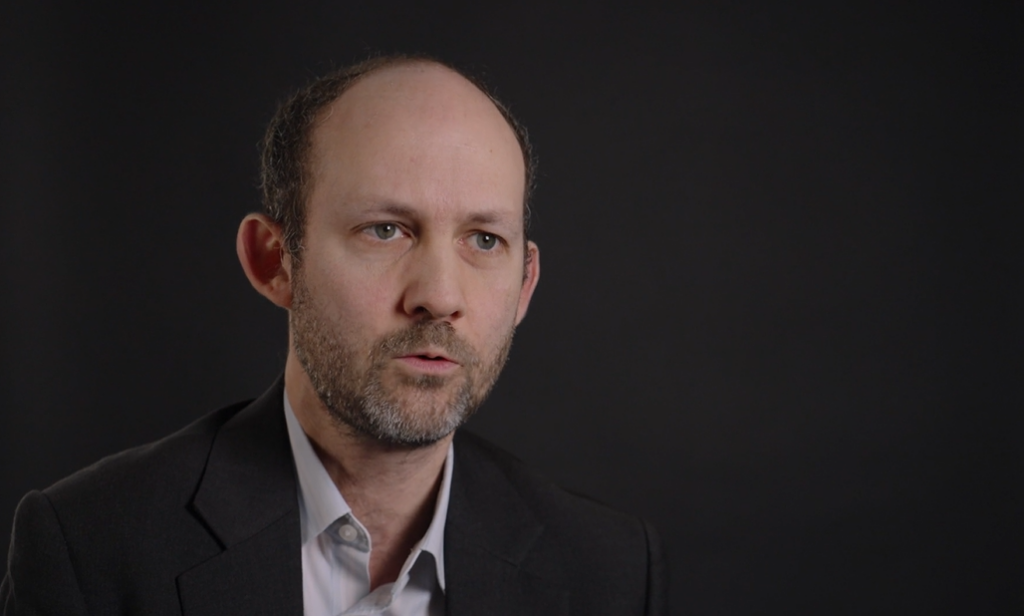 Author Information: Lindsay Millington is director general of the British Metals Recycling Association. She represents the industry on a number of government bodies, including Defra's new waste strategy stakeholder group and the BERR end-of-life vehicle consultation group. Following an early career in the not-for-profit sector, she was chief executive of the metals sector skills body, MetSkill, from 1990 to 2005, where she led a variety of initiatives including the re-introduction of metals manufacturing apprenticeships and vocational qualifications. A graduate of Manchester University and the London School of Economics, she is currently studying for an MA with the Open University.
Author Information: Lindsay Millington is director general of the British Metals Recycling Association. She represents the industry on a number of government bodies, including Defra's new waste strategy stakeholder group and the BERR end-of-life vehicle consultation group. Following an early career in the not-for-profit sector, she was chief executive of the metals sector skills body, MetSkill, from 1990 to 2005, where she led a variety of initiatives including the re-introduction of metals manufacturing apprenticeships and vocational qualifications. A graduate of Manchester University and the London School of Economics, she is currently studying for an MA with the Open University. Every new regulation brings additional cost and administration. In the last few months alone, my sector has faced WEEE implementation, new trans-frontier shipment regulations and collation of data for end of life vehicle targets, whilst the batteries directive and the proposed environmental permitting programme loom ahead.
To comply with these changes operators must invest in new treatment equipment, take on increased paperwork and, in some cases, deal with significant change in established trading arrangements.
But at the same time it remains too easy for illegal operators to function outside the system, ducking the regulations and avoiding the costs.
Enforcement seems to pick up minor infringements within the system rather than deter illegality. End-of-life vehicle treatment facilities have been facing this problem for some time.
They have had to install depollution rigs and deal with new rules such as the removal and disposal of tyres. But the low figures for certificates of destruction issued in 2006 show that too many others are able to function outside these controls.
Shouldn't it be a simple step for DVLA to impose a financial penalty on the last owner of a vehicle if he or she fails to take the car to a properly regulated operator that can issue the required certificate of destruction?
Theft
The recent spate of metal thefts has brought the issue to a head for the BMRA.
High metal prices in the well-established LME commodities market has lead to manhole covers, church roofs and construction materials disappearing daily.
BMRA sites are also suffering: one member reports a theft a day from one or other of its ten sites, despite having night watchmen, CCTV and other protection.
The continued existence of un-licensed sites allows stolen metals to re-enter the market and undermines properly regulated commercial business.
We need more action from the authorities to weed out the law-breakers. A straightforward cross-referencing of Yellow Pages advertisers with the Environment Agency's list of waste management licensed or exempt sites could be a simple way to start tackling the problem.








Subscribe for free